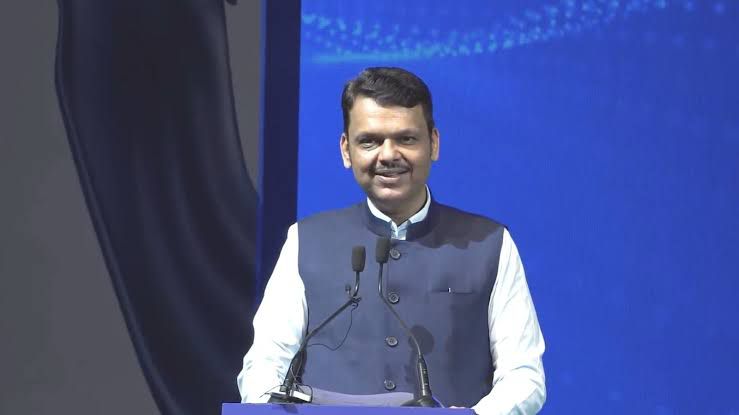: Maharashtra Chief Minister Devendra Fadnavis inaugurated India’s first electric highway corridor connecting Mumbai and Pune. The initiative marks a major step toward sustainable mobility, featuring swappable battery technology and fast-charging stations. It supports India’s Net Zero 2070 vision and aims to electrify all major highway routes within three years.
Green Miles Ahead: Mumbai–Pune Electric Corridor Sets Benchmark for Sustainable Travel
In a landmark move for India’s clean transportation goals, Chief Minister Devendra Fadnavis inaugurated the country’s first electric highway corridor between Mumbai and Pune on October 16, 2025. The corridor is designed to support electric vehicles (EVs) with fast-charging infrastructure and swappable battery stations, making long-distance EV travel more feasible and efficient.
Key Highlights of the Electric Corridor Launch:
First-of-its-Kind Infrastructure
The Mumbai–Pune corridor is the first highway in India to go fully electric, equipped with EV charging stations and battery swap points at strategic locations.
It is part of Maharashtra’s broader plan to electrify all major national highway routes within the next three years.
Swappable Battery Technology
Fadnavis emphasized the role of swappable battery systems as a game-changer in the EV sector.
This technology reduces downtime for charging and enhances the convenience of EV ownership.
Boost to Solar Energy Integration
The corridor complements the state’s push for solar energy, with a goal to source 70% of energy consumption from solar by 2035.
Charging stations along the corridor will be powered by renewable energy, reducing carbon emissions.
Support for Net Zero Vision
The initiative aligns with India’s commitment to achieving Net Zero emissions by 2070, promoting cleaner transport alternatives.
It also supports the National Electric Mobility Mission Plan, aiming to increase EV adoption across sectors.
Economic and Environmental Impact
The corridor is expected to reduce vehicular pollution, lower fuel dependency, and stimulate green job creation.
It will also encourage private investment in EV infrastructure and manufacturing.
Future Expansion Plans
Maharashtra plans to replicate the model across other key routes, including Nagpur–Aurangabad and Mumbai–Nashik, creating a statewide electric mobility network.
The Mumbai–Pune electric corridor sets a precedent for sustainable infrastructure development, positioning Maharashtra as a leader in India’s green mobility revolution.
Sources: Indian Express, Pune Pulse, OneIndia

